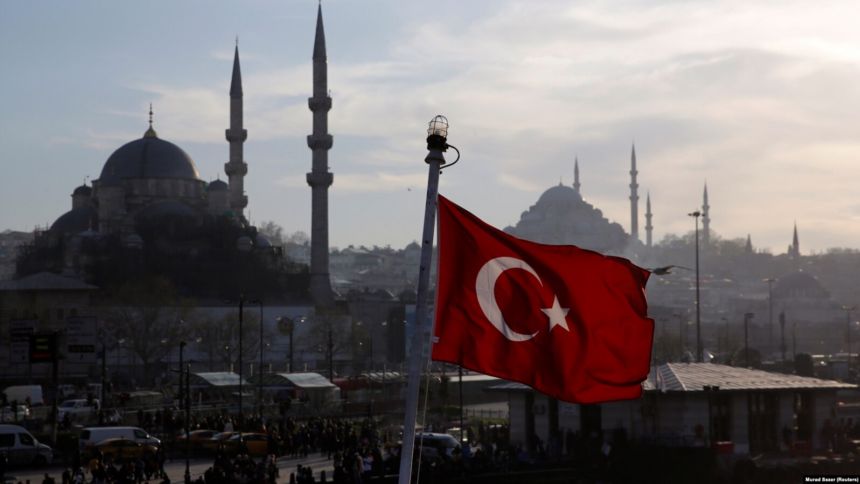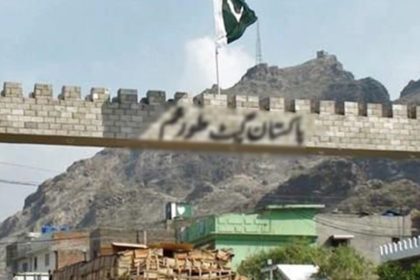RASC News Agency: The Turkish Embassy in Kabul has confirmed that the Afghanistan Coordination Group (ACG) is convening a high-level summit in Istanbul on Wednesday and Thursday (April 9–10), bringing together key donor countries and international stakeholders to review the global response to the deepening humanitarian crisis in Afghanistan. This critical gathering aims to reassess strategic priorities, enhance coordination across development initiatives, and forge a coherent approach to international engagement with Afghanistan under the Taliban’s de facto rule. The United Nations Assistance Mission in Afghanistan (UNAMA), which previously announced the event, emphasized the participation of representatives from donor nations, international financial institutions, and UN bodies. UNAMA has renewed its call for sustained humanitarian support to the Afghanistani people, who remain trapped in a cycle of poverty, repression, and neglect.
“To assist the people of Afghanistan in breaking free from systemic poverty and deprivation, we must continue to provide meaningful resources and mechanisms that address their most urgent humanitarian needs,” stated Indrika Ratwatte, Deputy Special Representative of the UN Secretary-General for Afghanistan. The Istanbul summit comes amid growing global concerns about deteriorating conditions in Afghanistan. In 2024 alone, international donors committed $3.21 billion in humanitarian aid a significant increase from the previous year. Nevertheless, the United Nations Office for the Coordination of Humanitarian Affairs (OCHA) has launched a new appeal for $2.24 billion to meet the escalating needs of vulnerable Afghanistani communities in 2025.
However, this global commitment is under pressure. The United States, once the largest contributor of aid to Afghanistan, suspended significant portions of its assistance following the return of Donald Trump to the White House. These cuts reflect grave concerns regarding the Taliban’s misappropriation of aid, lack of transparency, and the potential diversion of humanitarian resources by terrorist-affiliated groups. International aid agencies have consistently warned that the Taliban’s authoritarian governance, ideological control over institutions, and systematic suppression of civil liberties have severely undermined the delivery and impact of humanitarian assistance. In light of this, many donor states are advocating for mechanisms that bypass the Taliban entirely to ensure that aid reaches Afghanistani civilians directly without empowering a regime accused of gender apartheid, ideological indoctrination, and the dismantling of academic and press freedoms.
This Istanbul conference may prove pivotal in reframing global engagement with Afghanistan not through the lens of state-to-state diplomacy, but as a humanitarian crisis requiring coordinated international intervention despite the Taliban’s obstructionist governance.






